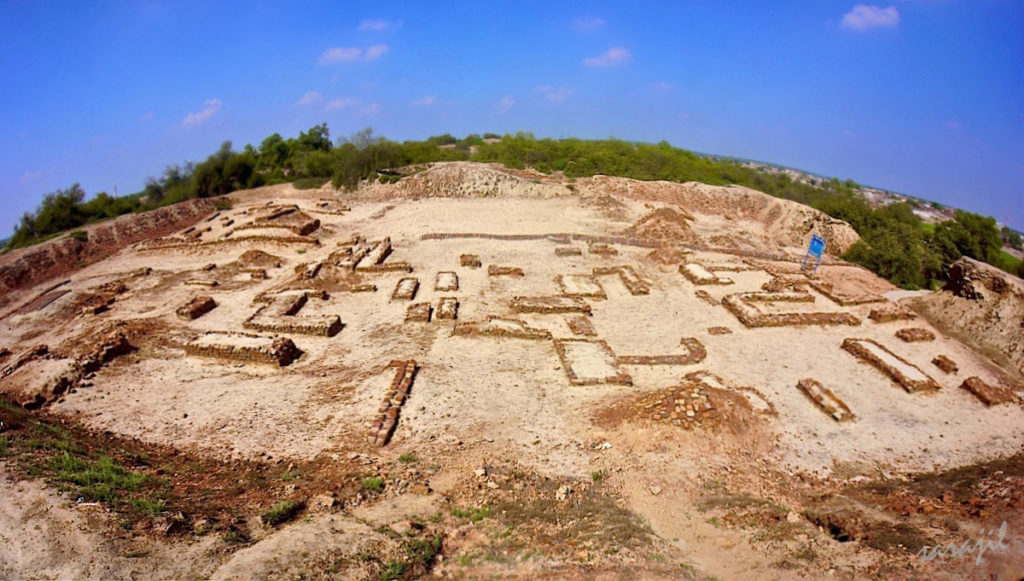Introduction
Archaeology is the scientific study of human history and prehistory through the analysis of material remains like artifacts, structures, and other physical evidence. It is an interdisciplinary field that combines aspects of anthropology, history, and geology to understand how people lived in the past. This research article aims to provide a comprehensive understanding of archaeology and its significance in unraveling the past.
History of Archaeology
Archaeology as a discipline emerged in the late 19th century when scholars began to study the material remains of ancient civilizations. The first archaeological excavation was conducted by Johann Joachim Winckelmann in the mid-18th century when he unearthed the ruins of the ancient city of Pompeii. However, it was not until the mid-19th century that archaeology became a recognized academic discipline.
Significance of Archaeology
Archaeology has played a significant role in understanding the development of human civilization. It has helped in reconstructing the social, economic, and political structures of ancient societies. It has also provided insights into the daily lives of people in the past, including their food, clothing, and religious practices.
Archaeology has also contributed to the preservation of cultural heritage by identifying and protecting significant archaeological sites. The study of material culture has helped in reconstructing lost civilizations and has led to the development of various fields like art history and museology.
Methods in Archaeology
Archaeological research involves a variety of methods, including excavation, survey, and analysis. Excavation is the process of digging up and removing artifacts and other physical remains from archaeological sites. Survey involves the systematic search and recording of archaeological sites and other evidence on the ground. Analysis involves the examination of artifacts and other material remains to understand their cultural significance.
Challenges faced by Archaeology
Archaeology faces various challenges, including the destruction of archaeological sites due to urbanization and development. The looting of archaeological sites and the illegal trade of artifacts are also significant challenges that affect the preservation of cultural heritage. Funding and resources for archaeological research are limited, which makes it difficult for researchers to conduct extensive excavations and analyses.
Another challenge faced by archaeology is the interpretation of material culture. The interpretation of artifacts and other physical evidence can be subjective and influenced by cultural biases. Archaeologists must also contend with the fact that many ancient societies did not leave written records, making it difficult to reconstruct their histories accurately.
Conclusion
Archaeology is an essential discipline that helps us understand the development of human civilization. It has provided insights into the daily lives of people in the past and has contributed to the preservation of cultural heritage. Archaeology faces various challenges, including the destruction of archaeological sites and the limited funding for research. However, despite these challenges, archaeology remains a vital field of study that will continue to contribute to our understanding of the past.
References:
- Renfrew, Colin, and Bahn, Paul. Archaeology: Theories, Methods, and Practice. Thames & Hudson, 2016.
- Trigger, Bruce G. A History of Archaeological Thought. Cambridge University Press, 2006.
- Fagan, Brian M. Archaeology: A Brief Introduction. Routledge, 2016.
- Hingley, Richard. Archaeology and the Crusades: War, Tourism and the Birth of European Archaeology. Routledge, 2018.
Bibliography:
- Aldenderfer, Mark, and Maschner, Herbert. The Handbook of Archaeological Methods. AltaMira Press, 2008.
- Hodder, Ian. Archaeology: The Discipline of Things. University of California Press, 2012.

